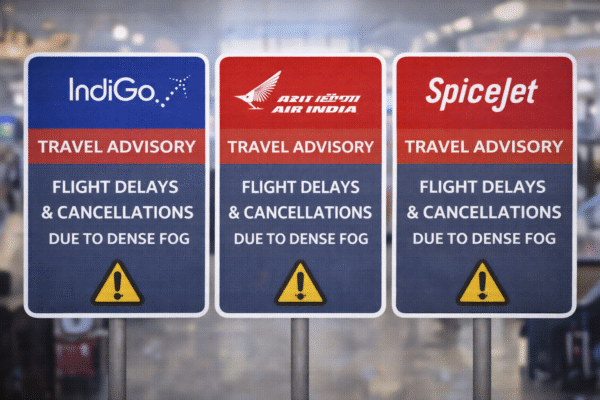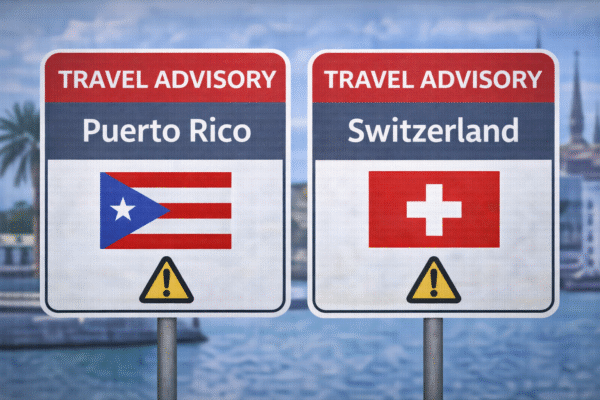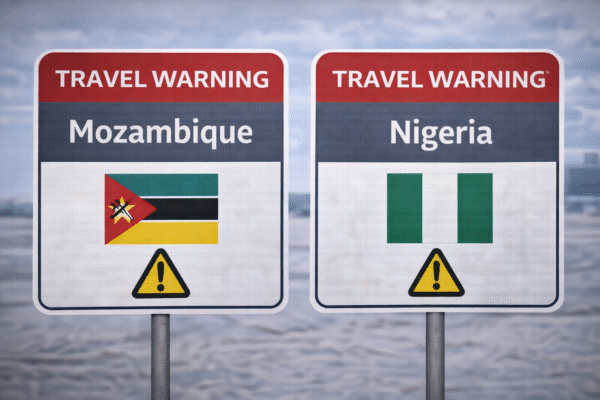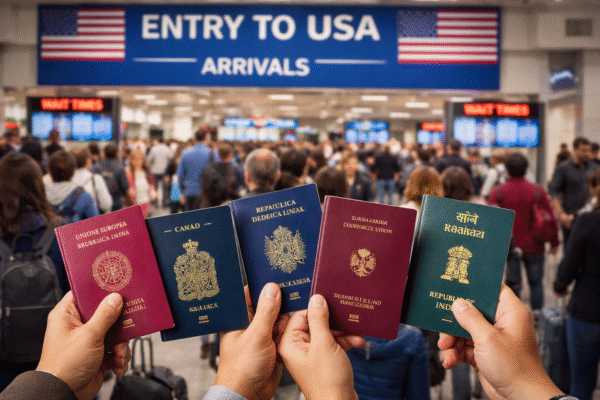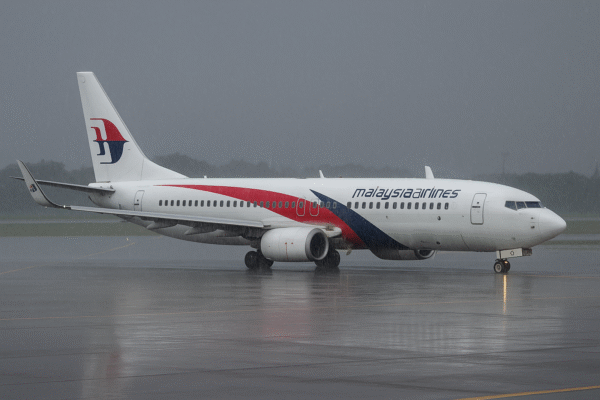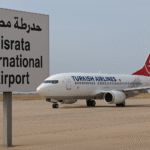Malaysia Airlines (MAS) confirmed the cancellation of five major flights on Tuesday after severe weather swept across several regions. The disruptions, which affected both domestic and international routes, left dozens of passengers stranded in Malaysia and Nepal. Key airports such as Mulu, Miri, Kota Kinabalu, Kuala Lumpur, and Kathmandu were directly impacted, highlighting the vulnerability of regional air travel to sudden weather changes.
The cancellations involved short-haul routes vital for connectivity within Malaysia, as well as long-haul flights linking Kuala Lumpur with Kathmandu, Nepal’s busiest international gateway. For many travelers, the news meant sudden changes to their itineraries, missed connections, and unforeseen delays in both business and leisure travel.
Breakdown of Cancelled Flights
According to Malaysia Airlines, the cancelled flights were as follows:
- MAS3633 (Mulu – Miri)
- MAS2616 (Kuala Lumpur – Kota Kinabalu)
- MAS2645 (Kota Kinabalu – Kuala Lumpur)
- MAS114 (Kuala Lumpur – Kathmandu)
- MAS115 (Kathmandu – Kuala Lumpur)
The suspended services included short domestic hops, such as Mulu to Miri, which are vital for tourism in Sarawak, as well as long-distance international services critical for South Asian travel.
Impact on Key Destinations
Mulu and Miri (Sarawak):
Flights between Mulu and Miri are particularly important for travelers visiting the UNESCO-listed Mulu National Park, famous for its caves and karst formations. With limited road and alternative transport options, stranded passengers in Mulu faced limited accommodation and onward travel solutions.
Kota Kinabalu (Sabah):
Flights between Kuala Lumpur and Kota Kinabalu, one of the busiest domestic corridors, were also affected. This route connects Peninsular Malaysia with East Malaysia, making it essential for tourism, business, and family travel. Disruptions here ripple across the wider tourism economy, as Sabah is a major gateway for island resorts, Mount Kinabalu climbers, and eco-tourism activities.
Kathmandu (Nepal):
The cancellations between Kuala Lumpur and Kathmandu affected both outbound tourists and inbound travelers. Kuala Lumpur serves as a vital transit point for Nepali workers, business travelers, and international trekkers heading to the Himalayas. Given Kathmandu’s reliance on air connectivity, the disruption highlights how mountain weather conditions and regional storms can cause significant ripple effects across Asia.
Passenger Experience and Strain
The immediate fallout left many travelers scrambling for alternatives. In remote destinations like Mulu, passengers had to contend with limited hotel rooms, transportation challenges, and increased costs. Those in transit through Kuala Lumpur faced stress over connecting flights and rebookings.
For international passengers bound for Kathmandu, the financial and emotional impact was particularly heavy, with trekking groups and business travelers forced to delay or cancel their plans. Families and students relying on timely connections were also among those hit hardest.
Tourism and Economic Implications
Tourism hotspots like Mulu National Park and Sabah’s islands rely heavily on consistent air access. The sudden cancellations not only disrupted visitor schedules but also affected local tourism providers, including guides, resorts, and transport operators. A slowdown in arrivals could temporarily reduce income for businesses dependent on foreign visitors.
On the Nepal side, delays in travel to and from Kuala Lumpur affected not just tourists but also migrant workers who rely on timely flights for employment commitments. These cancellations underline the interdependent nature of tourism and labor mobility in the region.
Safety and Operational Justification
Although specific details on the weather conditions were not disclosed, Malaysia Airlines emphasized that passenger safety remained the top priority. Severe weather, including storms and heavy rainfall, is known to affect visibility and runway safety, while volcanic activity in nearby regions such as Mount Ruang has previously forced airspace closures. The airline’s proactive cancellations align with international aviation safety standards that prioritize lives over schedules.
Travel Advisory and Guidance for Passengers
Passengers affected by cancellations were advised to check their booking status through Malaysia Airlines’ official channels and use digital tools such as “My Booking” for rebooking and refunds. Travelers were also urged to:
- Keep contact details updated to receive real-time notifications.
- Review travel insurance policies for coverage of delays and cancellations.
- Remain flexible with itineraries and consider alternative routes, including regional carriers and land connections where possible.
- Follow updates from Malaysia Airlines, the Civil Aviation Authority of Malaysia (CAAM), and Malaysia Airports Holdings Berhad (MAHB).
For tourists planning to visit Malaysia’s eco-destinations or Nepal’s trekking circuits, building extra time into travel itineraries and preparing for unexpected weather disruptions is highly recommended.
Moving Forward
The cancellations underscore the importance of resilience in Asia’s tourism and aviation industries. While the immediate priority is passenger care and rebooking, the long-term challenge lies in minimizing the impact of unpredictable weather on regional travel. Better infrastructure at smaller airports, enhanced coordination during weather disruptions, and flexible scheduling policies may help mitigate future fallout.
Despite the inconvenience, aviation experts note that safety-first cancellations preserve trust in Malaysia Airlines and the broader tourism ecosystem. Quick recovery efforts, combined with transparent communication, will play a key role in maintaining traveler confidence in Malaysia as a safe and reliable destination.
For more travel news like this, keep reading Global Travel Wire




